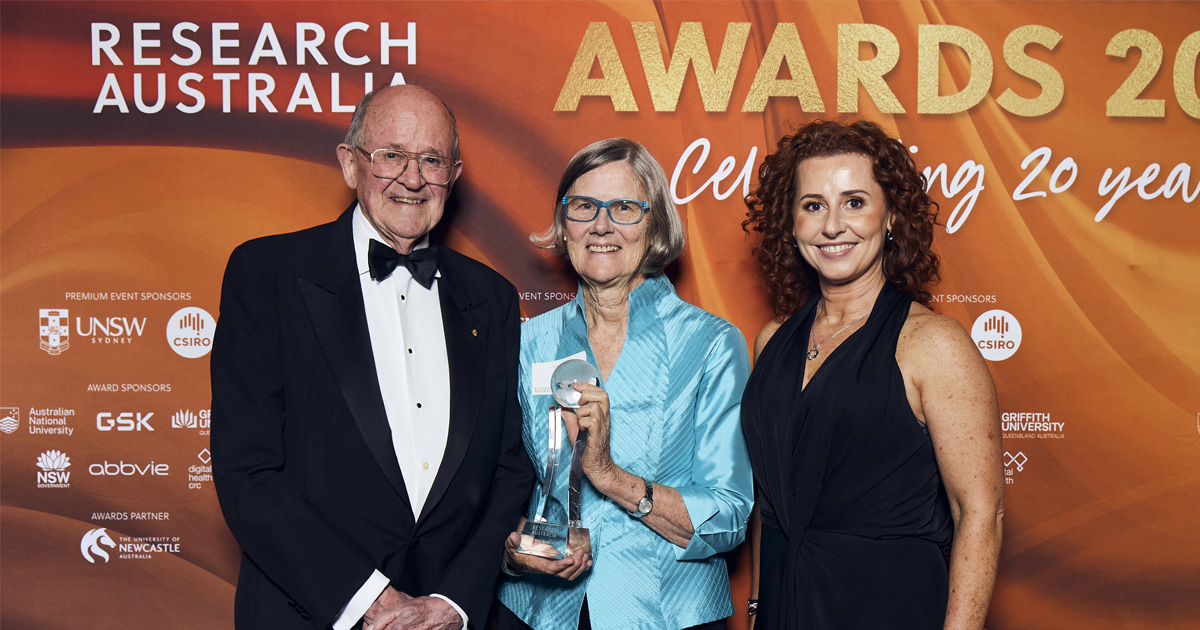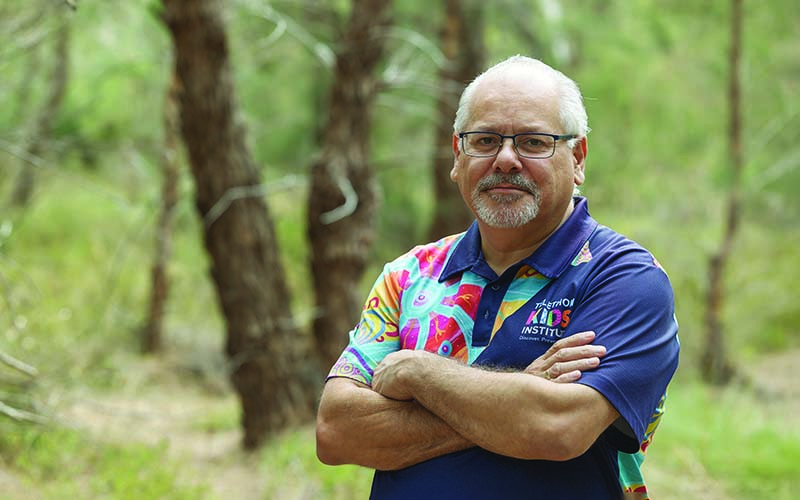Search
Research
Fetal Alcohol Spectrum Disorder (FASD)Fetal Alcohol Spectrum Disorder (FASD) is a lifelong condition characterised by severe neurodevelopmental impairment due to prenatal exposure to alcohol.

Research Theme
First Nations Health and EquityAboriginal health is everyone's business. The needs of Aboriginal and Torres Strait Islander families and kids is integrated into all relevant areas of our work. Improving the health and wellbeing of Aboriginal and Torres Strait Islander kids and families is an overarching priority for every team at The Kids.
Research
Prenatal alcohol and tobacco use and the risk of depression in offspring at age of 17 years: findings from the Raine StudyPrenatal alcohol and tobacco exposures have been associated with adverse mental health consequences in offspring. The objective of this study was to test the associations between maternal prenatal alcohol and tobacco exposures and depressive symptoms in the offspring, adjusting for a wide range of potential confounders.
Research
Associations of prenatal alcohol exposure and offspring harmful alcohol use: findings from the Raine StudyEpidemiological evidence suggests offspring exposed to prenatal alcohol are at increased risk of alcohol use disorders in adulthood. The evidence on the risk of developing harmful alcohol use in adolescence is less clear.

News & Events
Flagship award for folate champion Carol BowerOne of The Kids Research Institute Australia’s most influential researchers, who has played a seminal role in birth defect research and advocacy over a four-decade career, has won the Peter Wills Medal – the Australian research community’s flagship award.

News & Events
Proactive measures at Banksia Hill welcomedWe welcome the Cook Labor Government’s plan to introduce proactive measures to improve the safety and welfare of children and young people within the State’s youth justice system.

The Kids Research Institute Australia has been among a growing number of voices passionately advocating for an overhaul of the way young people in detention are managed in Western Australia.
As Head of Aboriginal Research Development at Telethon Kids, Glenn Pearson believes his work brings us closer to identifying the real and whole Australian story
Research
Exploring Hope in Australian Justice Involved Youth with Fetal Alcohol Spectrum DisorderHope is well recognised as a positive protective factor for mental health, improved coping responses to adverse childhood events and better educational outcomes. Hope is composed of synergistic constituents – agency and pathway. A retrospective chart review was conducted of 53 justice-involved youths (10−17 years old) who underwent Fetal Alcohol Spectrum Disorder (FASD) diagnostic assessments with Patches in Western Australia between 2019 and 2020.
Research
Early moderate prenatal alcohol exposure and maternal diet impact offspring DNA methylation across speciesAlcohol consumption in pregnancy can affect genome regulation in the developing offspring but results have been contradictory. We employed a physiologically relevant murine model of short-term moderate prenatal alcohol exposure resembling common patterns of alcohol consumption in pregnancy in humans.
